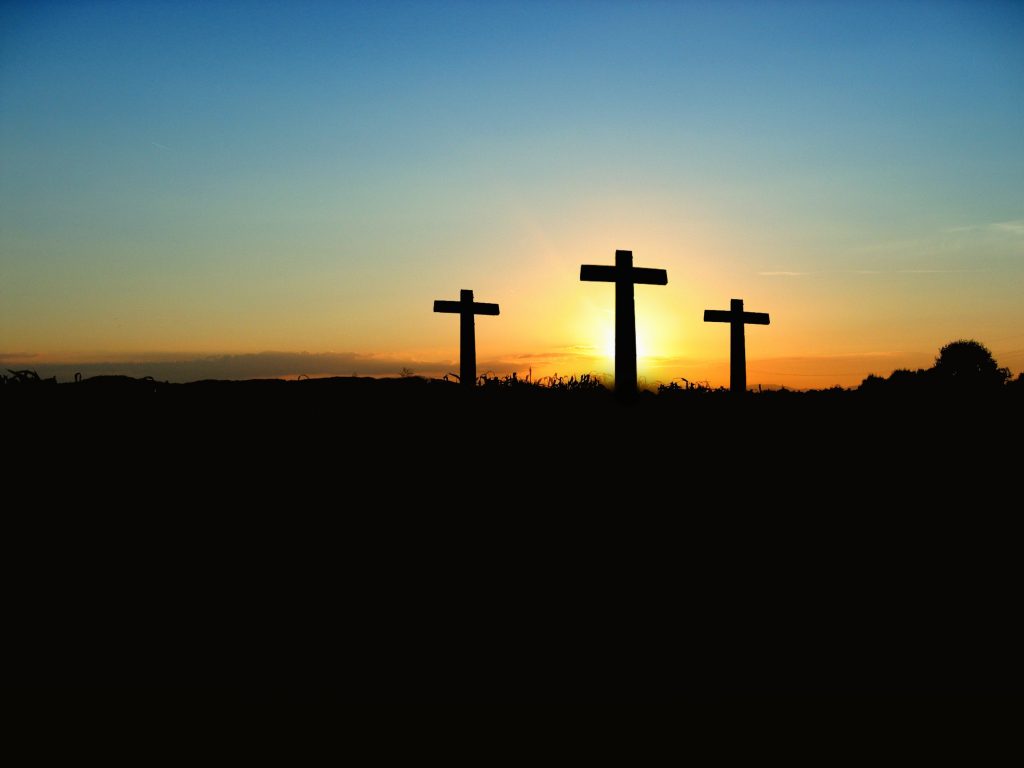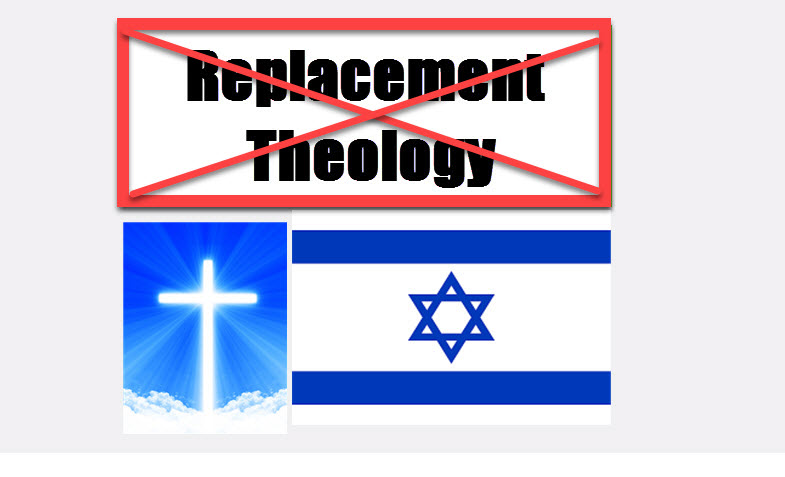
Recently an article was published by One for Israel on why Passover and Easter are celebrated at different times and they made some very good teaching points that we would like to share with you here.
The Jewish calendar by which the Jewish feasts are given their dates is very different from the Western calendar. It’s not a straightforward lunar calendar, but every time there is a new moon it indicates a new Jewish month or “Rosh Hodesh”, which means “head of the month”. Passover is always right in the middle of the Jewish month of Nisan – when the moon is full. God says this is to be the first month of the year (Exodus 12:2). The Western calendar, on the other hand, does not follow the moon’s movements so closely, and so the cycle of the Jewish year is different. More than that, the process of accurately fixing the dates according to the moon is not a simple one. In the first centuries after Yeshua, the early disciples naturally remembered his death and resurrection every Passover, which was when it happened. And rightly so, since the Passover feast was designed from its outset to foretell the redemptive sacrifice of the Messiah. It is laden with symbolism all pointing to Yeshua, and how his death and blood would purchase our freedom, forcing death to “pass over” us as it did for the faithful Israelites who daubed the blood of the lamb on their door frames. But as the years went by, the Messianic community became more and more gentile, and gentile leaders grew weary of liaising with, and depending upon the rabbinic authorities for the right date on which to commemorate this important event. Relations between the Rabbinic Jewish community and the Christians had deteriorated significantly by this point, and there was a lot of hostility in both directions. So the church leaders decided, at the Council of Nicea in 325, to take matters into their own hands: ““It was declared to be particularly unworthy for this, the holiest of all festivals, to follow the custom[the calculation] of the Jews, who had soiled their hands with the most fearful of crimes, and whose minds were blinded. In rejecting their custom, we may transmit to our descendants the legitimate mode of celebrating Easter…We ought not, therefore, to have anything in common with the Jews, for the Savior has shown us another way…. We desire, dearest brethren, to separate ourselves from the detestable company of the Jews.” It’s heartbreaking that such animosity had developed between the Jewish and Christian communities, and it led to a ripping away of Yeshua’s followers from the roots of the tree that they had been grafted into.
While it may not seem like such a big deal that there were differences in dates or that one group separates from another, it really is more than this.
Jews and Gentiles draw together in Yeshua
However, we live in exciting days and the last century has seen some colossal steps forward in healing the terrible rift between Jew and Gentile. More Jewish people have come to believe in Yeshua as Messiah in the last 19 years than in the previous 19 centuries combined! And many Gentile believers are now taking more interest in the Jewish foundations of their faith. Many churches hold Passover seders, explaining more about the feast, and there has been considerably more appreciation of the people of Israel since the Bible became widely translated and published in the last few centuries.
We are destined to become “One New Man” in Messiah, and this is a destiny that God will make absolutely sure we arrive at. His Son, Yeshua, will have only one bride, not two! It’s important to remember what Yeshua’s death and resurrection actually accomplished and meant. As Paul urges us in Colossians 2:14-17, “When you were dead in your sins and the uncircumcision of your flesh, God made you alive together with Him when He pardoned us all our transgressions. He wiped out the handwritten record of debts with the decrees against us, which was hostile to us. He took it away by nailing it to the cross. After disarming the principalities and powers, He made a public spectacle of them, triumphing over them in the cross.Therefore, do not let anyone pass judgment on you in matters of food or drink, or in respect to a festival or new moon or Shabbat. These are a foreshadowing of things to come, but the reality is Messiah.”
We would like to encourage you to take time to learn more about this powerful topic and consider the fact that for centuries there has been so much failure to understand perspectives and traditions that have put such division between people-groups. We must show the love of Yeshua to everyone, and especially within the body of Christ.

Recent Comments